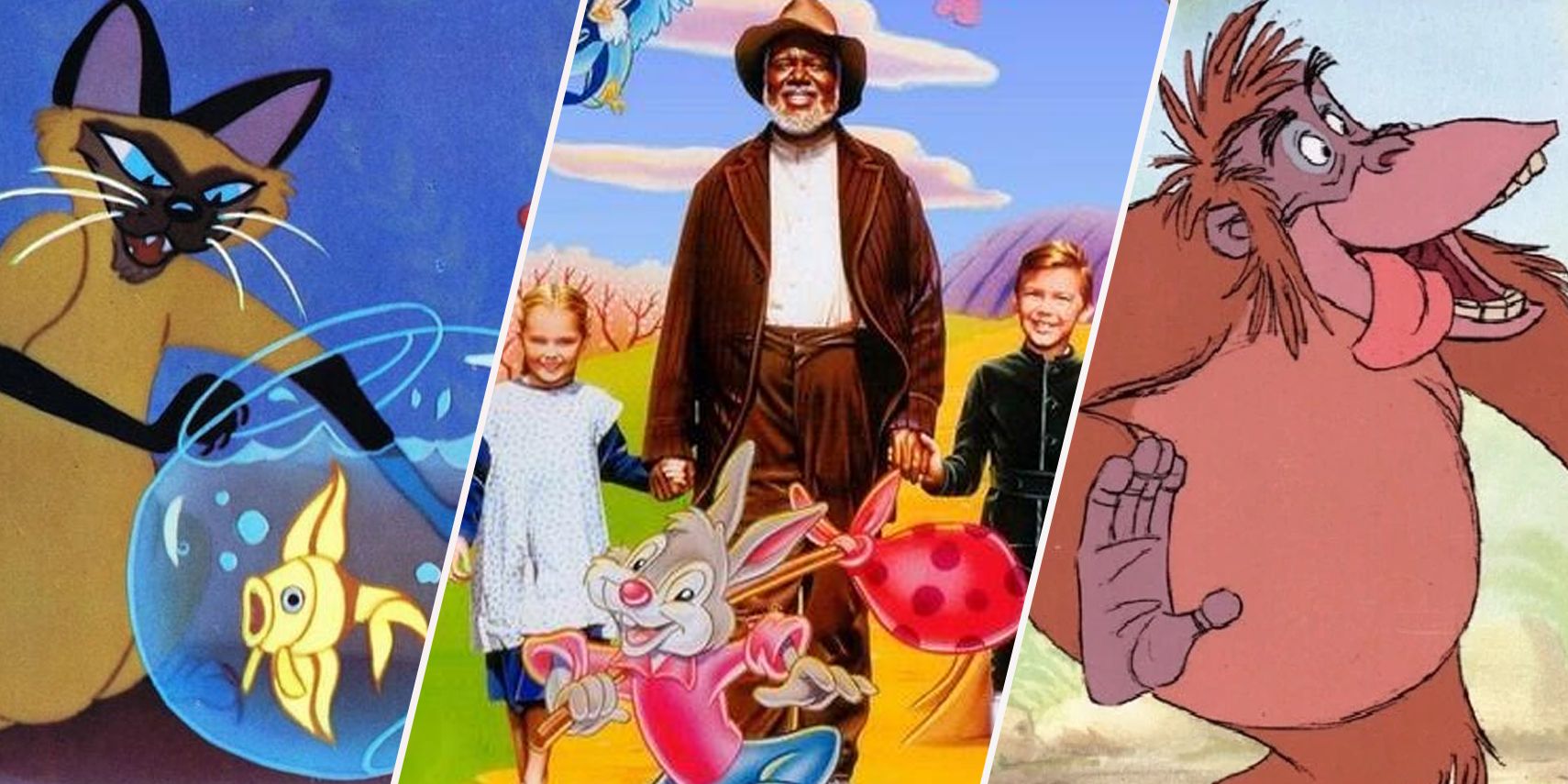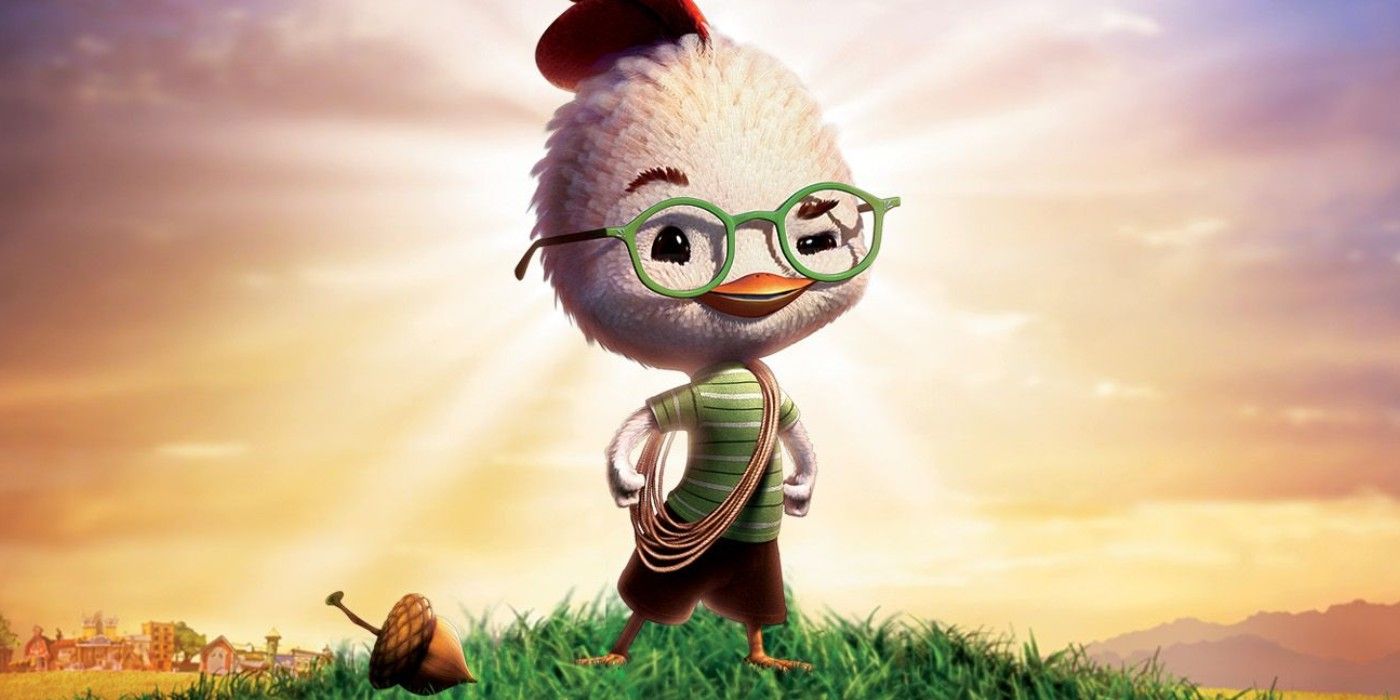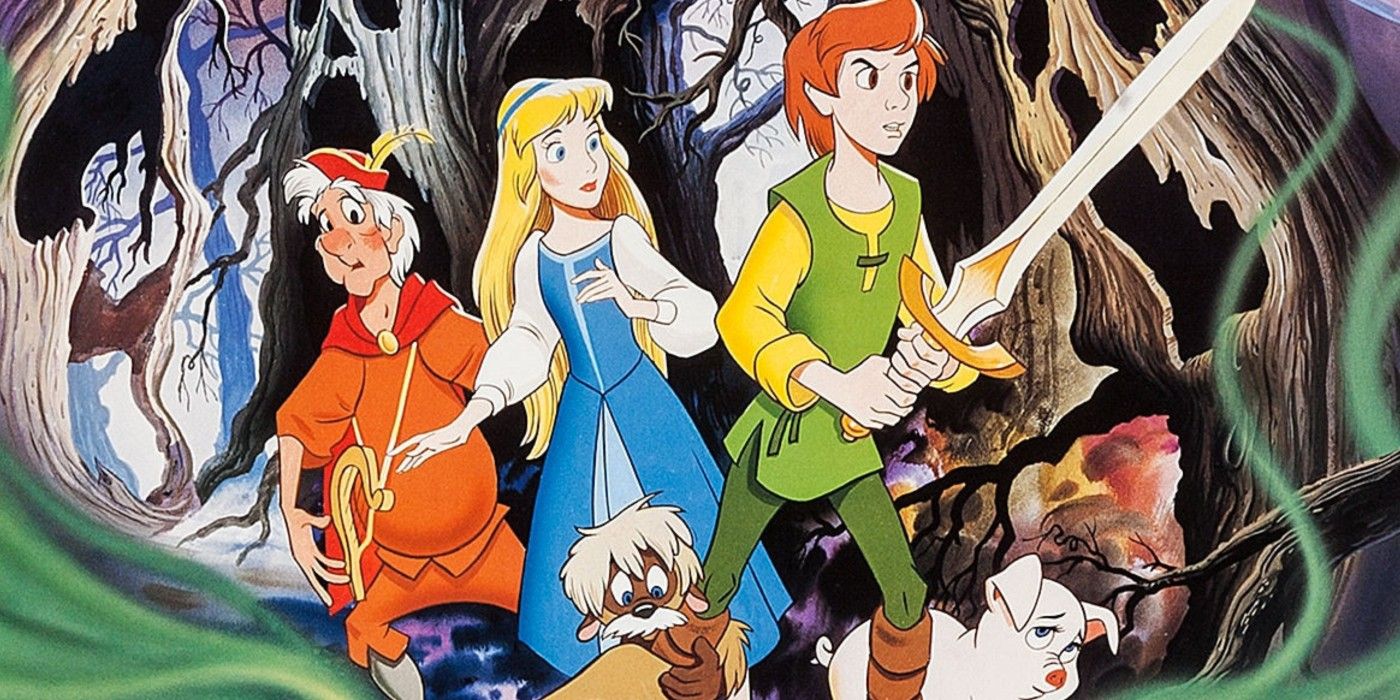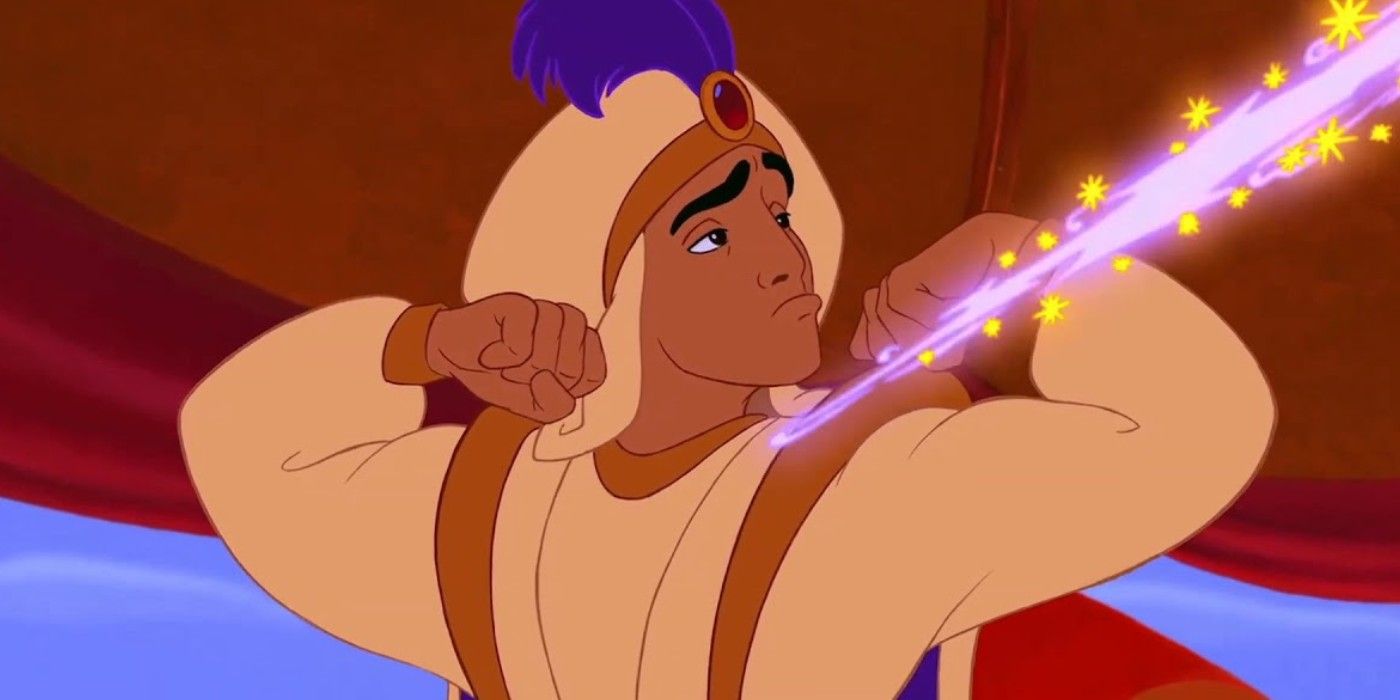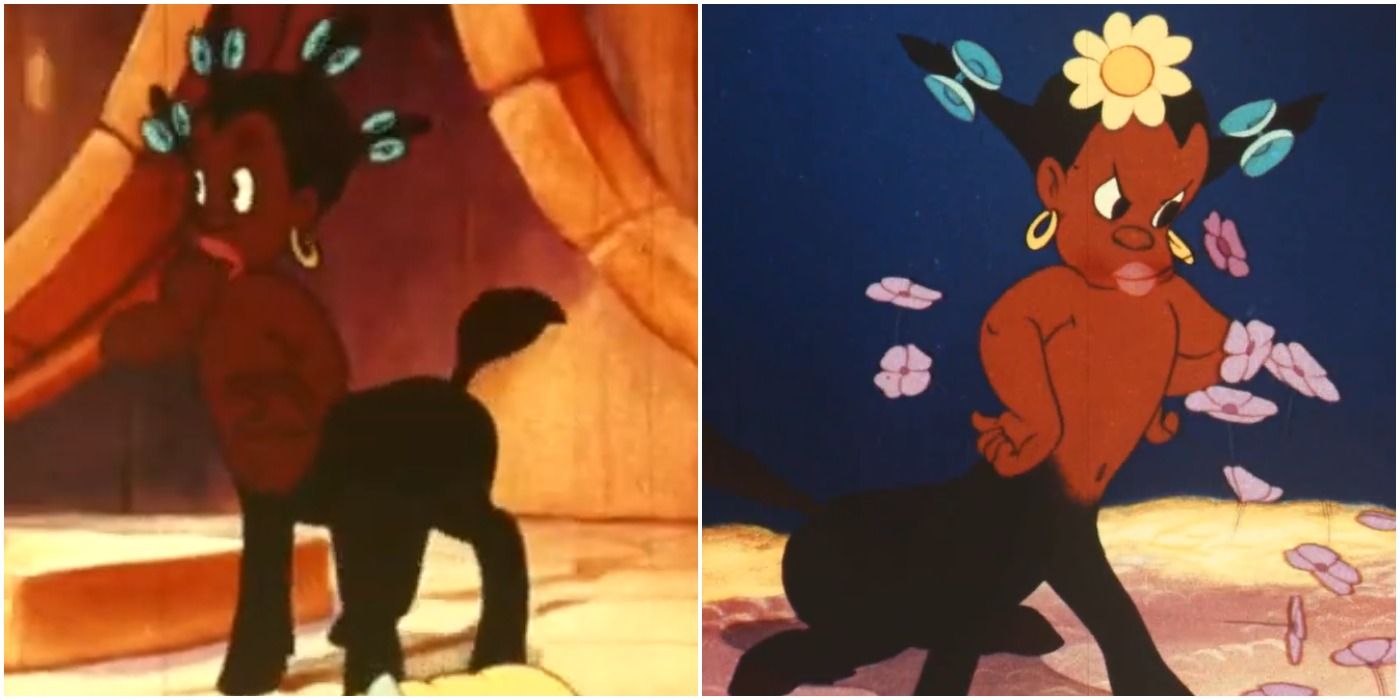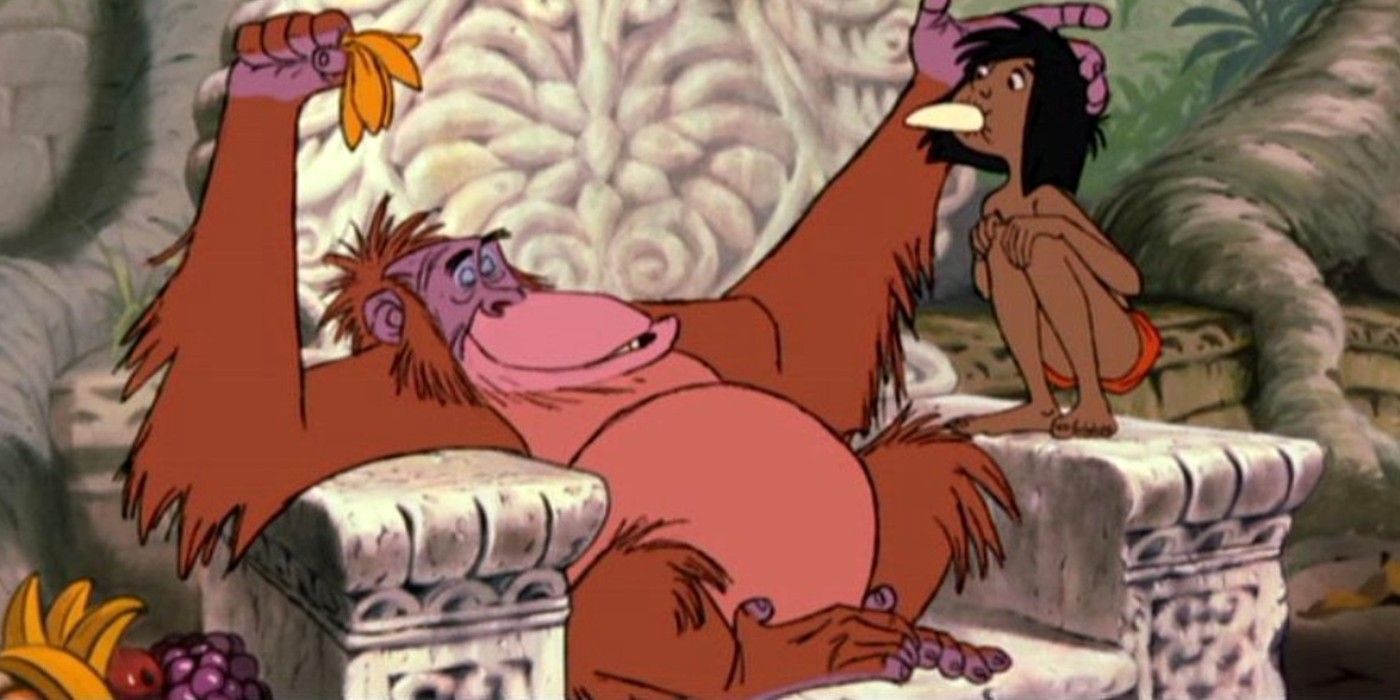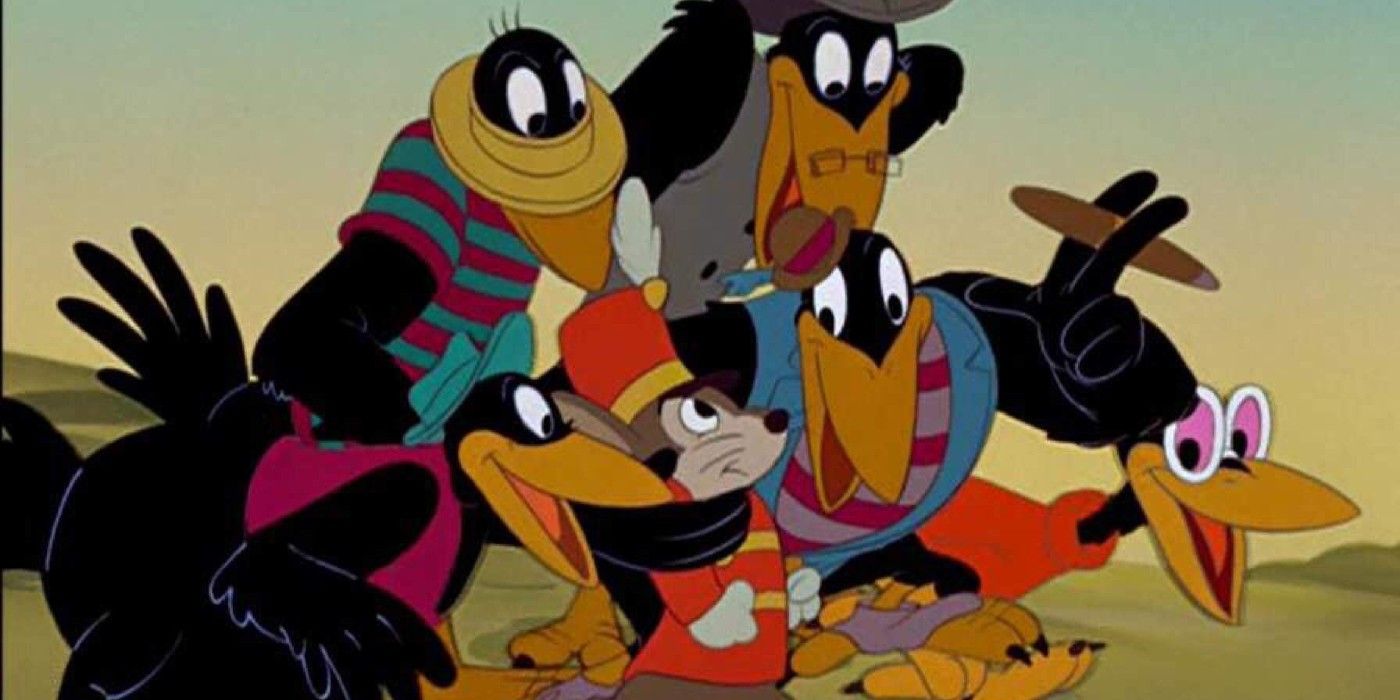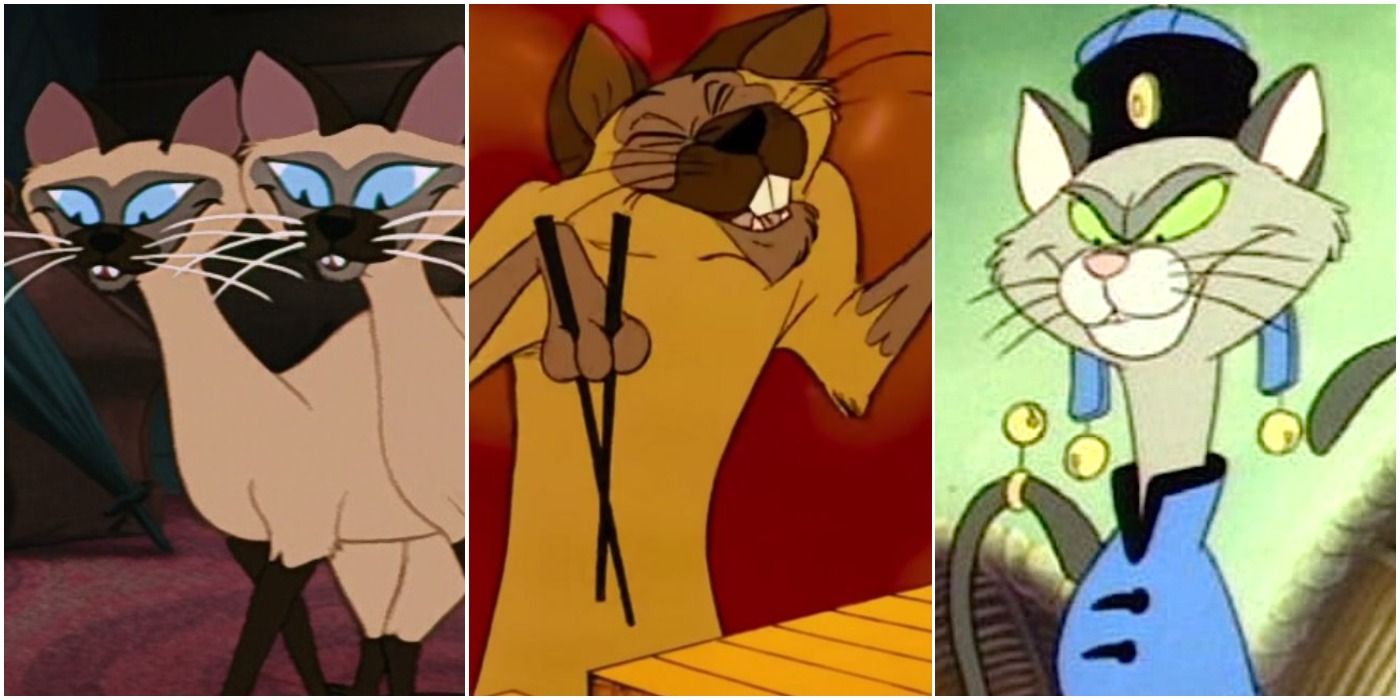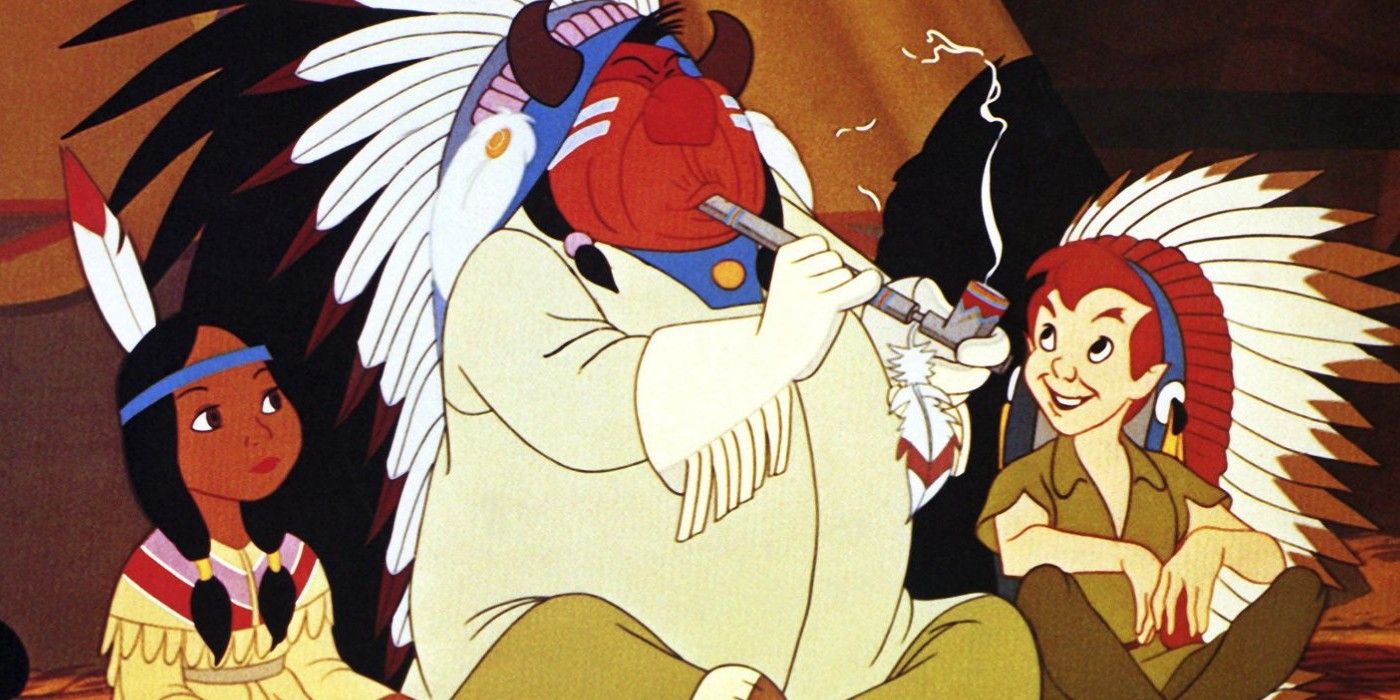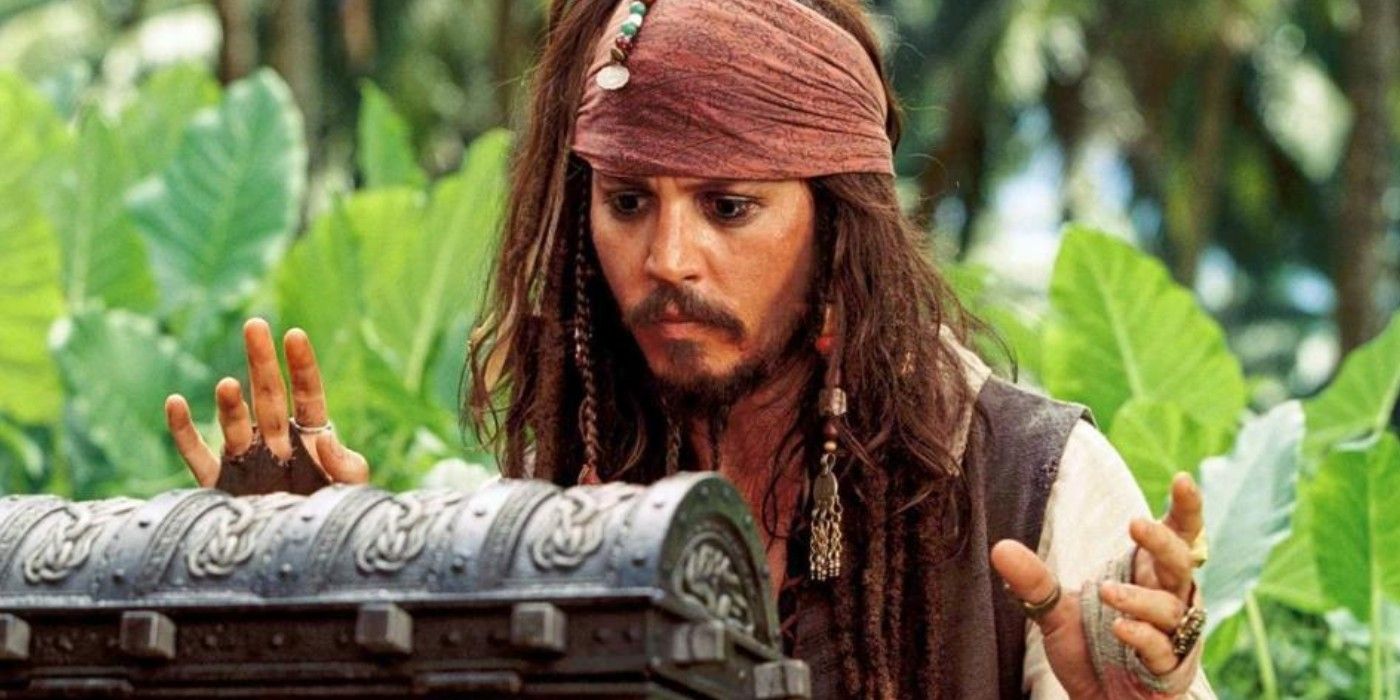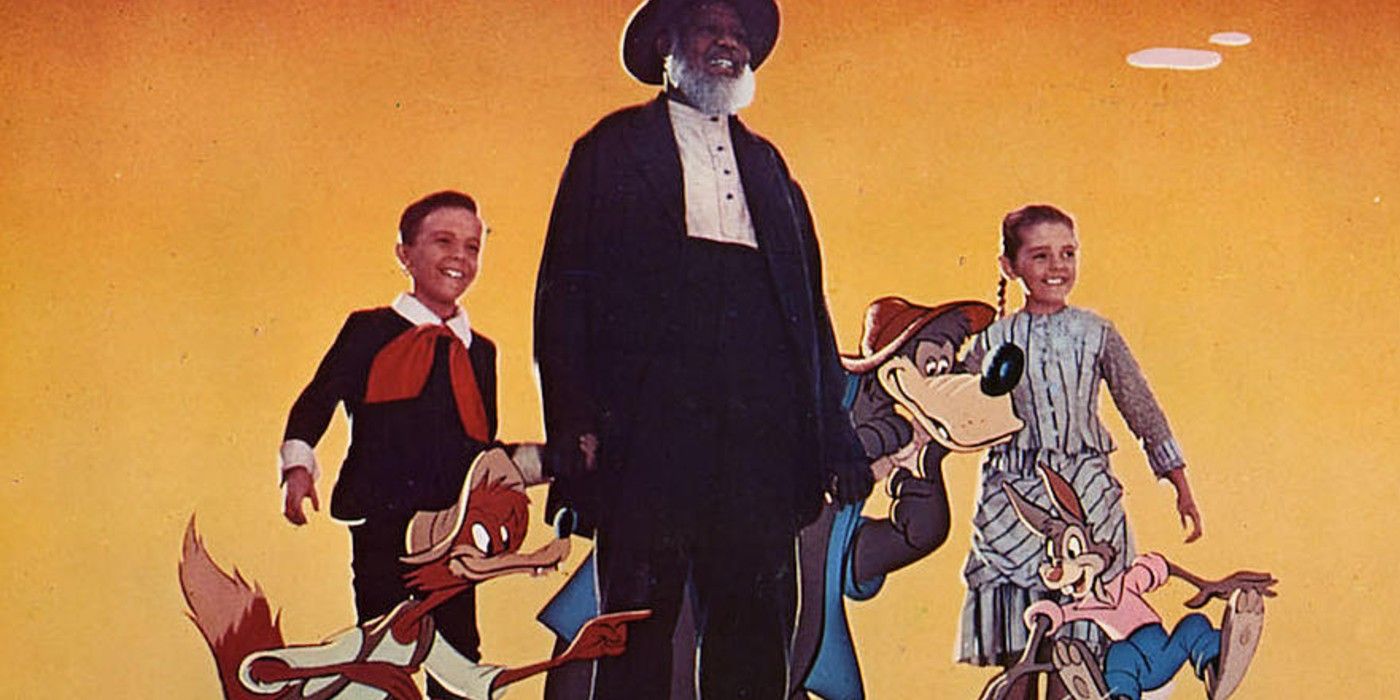Saying that The Walt Disney Studios have a virtual monopoly on childhood nostalgia isn’t exaggerating. After all, the studio is responsible for making most of children’s entertainment for several generations. That said, Disney isn’t exactly gung-ho about promoting every one of its classic characters.
For every Mickey Mouse or Princess Elsa, there’s at least one controversial animated character that Disney would rather forget. Some were just lame, while others were so offensive that they necessitated a belated apology.
10 Chicken Little Humiliated Disney
Before Disney rediscovered its groove with Tangled and Frozen, they tried to reconnect with kids through Chicken Little. While young compared to everything else, Chicken Little was a generation’s introduction to Disney, so it counts as a modern classic. But unlike Atlantis: The Lost Empire or Treasure Planet which became cult classics, Chicken Little embarrassed all those involved.
Chicken Little’s desperation to prove that the sky was falling was ridiculed for its pandering and trend-chasing. Not helping was his insensitive father Buck Cluck, who’s considered to be one of the worst cartoon dads of all time. The movie is on Disney+, though Disney and the filmmakers refuse to give Chicken Little any more attention.
9 Everyone In The Black Cauldron Reminds Disney Of Its Near-Death Experience
The Black Cauldron remains one of Disney’s biggest cult hits, but the studio would rather forget everything about it. This isn’t because Taran of Caer Dallben and friends were offensive, but because their movie flopped so hard that it nearly killed Disney’s animated divisions. Disney bounced back with The Little Mermaid, but not after seismic internal changes.
At the time, The Black Cauldron was the most expensive cartoon movie made, and it only earned back half its budget. From that point onwards, Disney treated The Black Cauldron as an afterthought, even making it the last of its traditionally animated movies to hit Blu-Ray. Don’t expect to revisit the kingdom of Prydain in nostalgic Disney celebrations any time soon.
8 Disney Only Promotes A Heavily Sanitized Aladdin
For the most part, Aladdin aged well enough to garner a live-action remake but even this classic wasn’t spared from controversy. Some grievances include certain lyrics that depicted the Middle East as inherently violent, the villains’ depictions as transparent Arab caricatures, and Aladdin himself being a sleaze.
The latter stems from his line “Good teenagers, take off your clothes,” which can be heard off-screen in one comedic scene. The directors say this was either an outtake accidentally left in the final cut, or a misheard bit of dialogue. Nevertheless, Disney fixed these for home video. This safer version of Aladdin is the one Disney showcased on Disney+, not the accidentally crass one.
7 Otika & Sunflower Were Racist Caricatures Of Black Americans
Fantasia is regarded as an animated musical classic, but the experience is soured by its racist imagery in one of its fantasy segments. The Pastoral Symphony shows life in a centaur community, where everyone looks beautiful… except for the two Black women centaurs, Otika (left) and Sunflower (right). It should be noted that Sunflower was even showing polishing a white centaur’s hoof.
Not only are they drawn exactly like the offensive caricatures of Black people from the time Fantasia was released in, but they’re shown as the inferiors and servants of the white centaurs. In 1969, Okita and Sunflower were edited out of Fantasia’s theatrical rerelease. This change applied to all subsequent video releases and even Disney+.
6 King Louie & His Monkeys Lampooned Black Americans
Despite taking place in India, everyone in The Jungle Book speaks with a prim and proper English accent. The exception is King Louie and his monkey subjects, who all loudly talk in slang and dance. For the longest time, the monkeys have been seen as racial coding for Black people, and King Louie’s song “I Want To Be Like You” only worsened things.
Here, King Louie sings about wanting to belong in human civilization. When remembering that The Jungle Book was made and released at the Civil Rights Movement’s height, the lyrics take a dark turn for the insulting. Disney+ added a disclaimer to the original, and the remake rewrote King Louise as a generic mob boss. Unsurprisingly, he was voiced by Christopher Walken.
5 The Crows Were Based On Racist Minstrel Shows
Dumbo was released in 1941, so it’s unsurprising that some of its characterizations aged terribly. The worst offenders were the crows, whose loud and fast-talking mannerisms were based on minstrel shows that mocked Black Americans. To add insult to injury, the crows were all voiced by white actors, and the lead cigar-loving crow was literally named Jim Crow.
For those unfamiliar, Jim Crow was a pre-Civil War derogatory caricature of Black Americans, whose name later became synonymous with anti-African American laws. In response, Disney+ added a disclaimer to Dumbo while the live-action remake omitted the crows. Their role of helping Dumbo discover flight through feathers was handed to the Farrier kids.
4 Two Movies & A TV Show Used Siamese Cats For The Same Offensive Asian Stereotype
For whatever reason, Disney used Siamese cats as the go-to stereotype for Asian animals. This happened thrice, specifically in Lady and the Tramp, The Aristocats, and the TV show Chip n’ Dale Rescue Rangers. The stereotypes were always the same: the untrustworthy cats spoke broken English, had buck teeth, were voiced by white actors, and had stereotypically oriental music cues.
The Aristocats took this up a notch by having Shun Gon play the piano with chopsticks and sing mock Chinese, which was really just words like “Hong Kong” or “Egg Foo.” All now come with Disney+ disclaimers, while the Lady and the Tramp remake replaced the infamous “The Siamese Cat Song” with an entirely original number sung by new cats.
3 Neverland’s Native American Camp Reduced A Culture Into A Joke
One of the most controversial moments in classic Disney movies comes from Peter Pan, specifically the kids’ visit to the Native American camp. To wit, the camp’s peoples were a crude distillation of Native American culture. Here, they were reduced to dancing caricatures who spoke broken English and practiced an inaccurately simplistic depiction of their social caste. Tiger Lily, on the other hand, was seen as a case of exoticism.
Worse was their song “What Made The Red Man Red?” The song claims that Native Americans’ skin color is the result of their ancestors’ permanent blush, which he got from kissing women. The tribe was absent in the direct-to-DVD sequel Return to Neverland, and Disney+ added a disclaimer on Peter Pan explaining that the stereotypical imagery was outdated and offensive.
2 Capt. Jack Sparrow May Be Exiled Due To Johnny Depp’s Legal Troubles
Before Marvel movies, Disney wasn’t known for live-action ventures. The exception was the Pirates of the Caribbean franchise, which starred Johnny Depp as the legendary Capt. Jack Sparrow. However, the pirate series’ once golden legacy was forever tarnished when Depp’s legal battle against ex-wife Amber Heard’s accusations of domestic abuse became public.
After a judge ruled against Depp’s libel case against Heard, Disney reportedly let him go and dropped any plans to bring back Capt. Jack. While Sparrow still lives on through Disneyland’s meet-and-greet corners and rides, Disney noticeably erased him from promotions and Pirates of the Caribbean news. The case’s final verdict will determine Capt. Jack’s overall fate but for now, he’s being mentioned as little as possible.
1 Everyone In Song Of The South Romanticized America’s Slavery Past
There’s no Disney movie as controversial as Song of the South, which was labeled as one of the most racially offensive movies ever made. In brief, the musical romanticized America’s dark history of slavery and systematic oppression through whimsical song and dance. Uncle Remus, a Black man who enjoys plantation work, is seen as the patronizing embodiment of all this.
The push to remove Song of the South from modern Disney canon has been raging for years since characters like Br’er Rabbit still made sporadic appearances, but momentum skyrocketed in the wake of the George Floyd protests. In 2020, Disney announced that Disneyland attractions themed after Song of the South would instead feature The Princess and the Frog. Additionally, the movie may never be rereleased on home media or Disney+.

